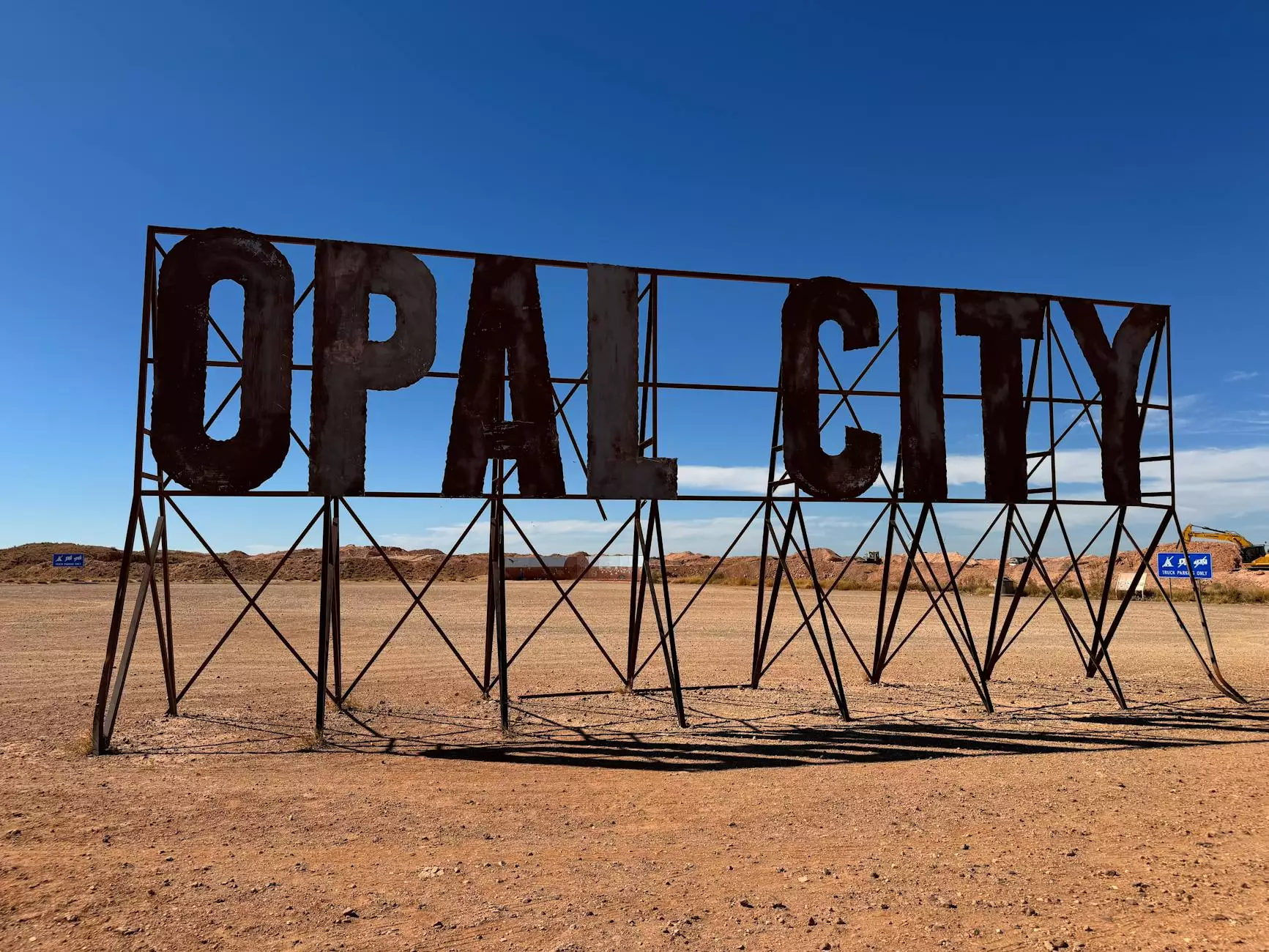Understanding Gastric Bypass Cost: What You Need to Know

Gastric bypass surgery has emerged as a beacon of hope for individuals struggling with obesity and related health issues. As this procedure becomes increasingly popular, it's essential to delve into the gastric bypass cost and the various factors contributing to it. With comprehensive insights, you can make informed decisions about your health.
What is Gastric Bypass Surgery?
Gastric bypass surgery, medically known as Roux-en-Y gastric bypass, is a weight-loss surgery that alters the digestive system. The procedure involves creating a small pouch from the stomach and connecting it directly to the small intestine. This not only limits food intake but also reduces calorie absorption, leading to significant weight loss.
Factors Influencing Gastric Bypass Cost
The gastric bypass cost can vary significantly based on several factors:
- Geographical Location: Pricing varies across regions and medical facilities.
- Type of Facility: Costs differ between private hospitals, specialized weight-loss centers, and public hospitals.
- Surgeon's Experience: A highly experienced surgeon may charge more, but the expertise could lead to fewer complications.
- Pre- and Post-Operative Care: Comprehensive care, including consultations, follow-ups, and nutritional counseling, adds to the overall cost.
- Insurance Coverage: Depending on your insurance plan, a portion of the costs may be covered.
Breaking Down the Costs: What to Expect
The total cost of gastric bypass surgery encompasses various components, each contributing to the final bill:
1. Surgeon’s Fees
The surgeon's fee typically accounts for a substantial part of the gastric bypass cost. The fee can vary based on the surgeon's qualifications and experience, typically ranging from $15,000 to $25,000.
2. Anesthesia Fees
Administering anesthesia during the procedure involves additional costs, which generally range between $1,000 to $2,000. This includes the fee for the anesthesiologist or nurse anesthetist, as well as the medications used.
3. Hospital Charges
Hospital fees can significantly affect the total cost, with prices averaging between $5,000 and $20,000. These charges cover the operating room, recovery room, and other related expenses incurred during your stay.
4. Diagnostic Tests
Pre-operative tests are essential for assessing your health and ensuring you qualify for the surgery. These tests may include blood work, X-rays, and more, costing an additional $500 to $2,000.
5. Follow-Up Care
Post-surgery care is crucial for recovery. The costs associated with follow-up appointments, dietary consultations, and necessary adjustments can add an average of $1,000 to $3,000 to your total expenses.
Understanding Insurance Coverage for Gastric Bypass
A significant consideration when discussing gastric bypass cost is whether health insurance will cover part of the expenses. Many insurance companies recognize gastric bypass as a treatment for morbid obesity:
- Medical Necessity: Insurers often require documentation of medical necessity, including a body mass index (BMI) over 40 or over 35 with obesity-related conditions.
- Qualifications: Different insurers have different qualifications for coverage; it's essential to understand your policy’s specifics.
- Pre-authorization: Most insurance plans require pre-authorization before proceeding with surgery. Your medical team can assist with this process.
Is Gastric Bypass Worth the Cost?
Considering the investment in gastric bypass surgery, it’s critical to evaluate whether the outcomes justify the gastric bypass cost. Many patients report life-changing benefits:
- Weight Loss: Average weight loss can be significant, with many patients losing 60-80% of their excess weight within two years.
- Improved Health: Many patients experience a resolution of obesity-related conditions, including type 2 diabetes, hypertension, and sleep apnea.
- Enhanced Quality of Life: Beyond physical health, patients often report increased energy levels and improved self-esteem.
Choosing the Right Medical Center
When considering gastric bypass, selecting the right medical center is vital. Here’s how to make the best choice:
- Research Credentials: Investigate the center's accreditation, the surgeon’s qualifications, and the hospital's success rates.
- Consult Reviews: Online reviews and testimonials can provide insight into patient experiences.
- Assess Support Services: Evaluate available support services such as nutrition counseling, support groups, and follow-up care.
Preparing Financially for Gastric Bypass
Financial preparedness is crucial when considering gastric bypass surgery. Here are some strategies to help manage the gastric bypass cost:
- Health Savings Account (HSA): Utilize an HSA if available to save pre-tax money for medical expenses.
- Payment Plans: Many surgical centers offer financing options; inquire about payment plans that suit your budget.
- Government Aid: Look into state or federal programs designed to assist with weight-loss surgery costs.
The Final Decision: Is Gastric Bypass Right for You?
Ultimately, the decision to undergo gastric bypass surgery is highly personal, influenced by emotional, medical, and financial factors.
Before making a choice, consider consulting with medical professionals to thoroughly assess:
- Your health status and any comorbidities.
- Your commitment to post-surgery lifestyle changes, including diet and exercise.
- The potential long-term benefits and risks of the procedure.
Conclusion
The gastric bypass cost encompasses various components and requires careful consideration and financial planning. By understanding the complete financial implications and engaging with qualified, experienced medical professionals, you can make a well-informed decision that leads to a healthier and more fulfilling life.
If you wish to explore your options and assess your candidacy for gastric bypass surgery, it may be beneficial to consult with a specialist at your nearest medical center.









